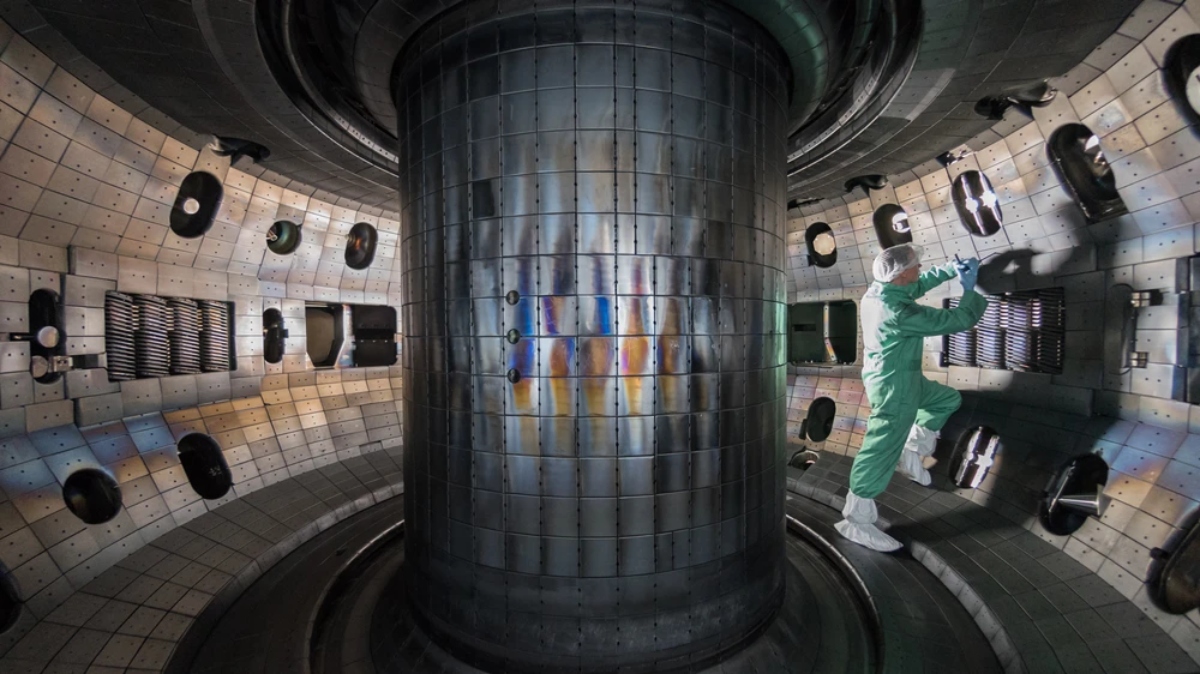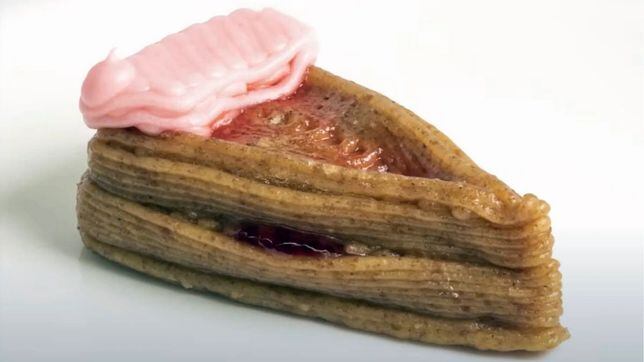Microsoft and the entertainment firm Warner Bros. made it possible that, for the first time, a movie, in this case the 1978 Superman movie, could be stored in a small piece of quartz crystal. But what is the novelty?
It’s all about the Silica project, which is Microsoft’s ongoing research work on ultrafast laser optics. In addition, artificial intelligence for data storage in this type of solutions.
The technique Microsoft used to accomplish the feat was to use infrared lasers. These are responsible for encoding the data to be stored in voxels, which is the three-dimensional equivalent in pixels.
Then, the laser changes the direction and force, which causes the glass to deform, and the result is that the file can be engraved in this way.
In addition, the material is readable by machine learning algorithms. They are able to decode the images and patterns, which are present on the back of the piece of glass.
What is the significance of Microsoft’s achievement?
According to statements by Mark Russinovich, chief technology officer of Microsoft Azure (public cloud computing platform):
“Storing the entire Superman film on glass and being able to read it successfully is a major milestone. I’m not saying that all the questions have been fully answered, but we seem to be working on refinement and experimentation now, rather than asking the question ‘can we do it? ‘.
This is why the project has caught the attention of Warner Bros, as the company is looking for new ways to protect its library of files. For years, the studio has been trying to find solutions to store tapes such as Casablanca, radio programs from the 1940s, among other important archives. The aim is to ensure that they can last more than 100 years without breaking down or needing to be refurbished from time to time.
Currently, Warner creates an analog copy that is then transferred to negatives that have to be cold-stored. And, subsequently, to control them very strictly in order to avoid their decomposition.
So, thanks to Microsoft’ s development the entertainment company plans to make three storage copies of each file. So that future generations will have the possibility of having the history of audiovisual entertainment available to them.
If you liked this article, you may also be interested in reading:
Microsoft launched two new foldable devices: Surface Neo and Duo




